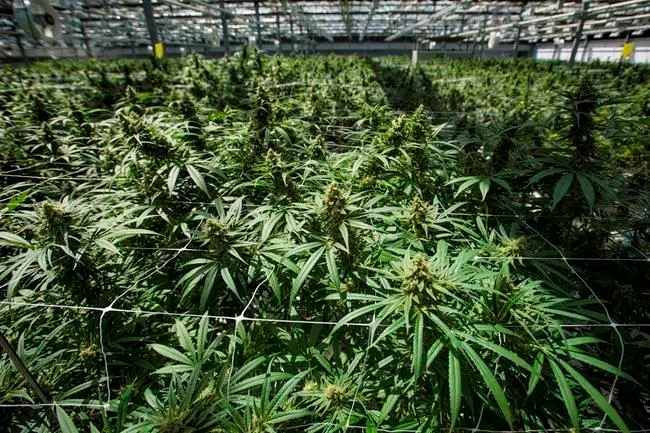
CHARBONNEAU: Mexico could ease Canada’s cannabis problem
THE PLAN TO DRIVE illegal cannabis growers out of business is going slowly.
The problem is supplying enough legal cannabis to lower retail prices. Eventually illegal sellers will be a quaint memory, something like the bootleggers of alcohol of the past. For that to happen, a plentiful supply of cannabis has to be available and it’s going to take years for that to happen with Canadian growers only.
The cost of legal cannabis remains nearly 50 per cent higher than potleggers, according to crowd-sourced data obtained by Statistics Canada. The cannabis store in Kamloops seems to fairly well-stocked but in some parts of Canada like Quebec, stores have had to close on some days of the week due to lack of supply.
One way to lower retail prices immediately is to reduce taxes — a solution favoured by the cannabis industry. In addition to provincial sales taxes, the federal government charges one dollar per gram excise tax and an annual cultivation fee of 2.3 per cent of revenue.


